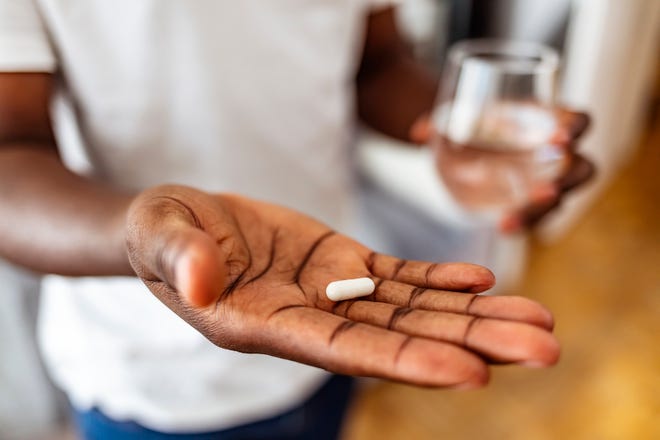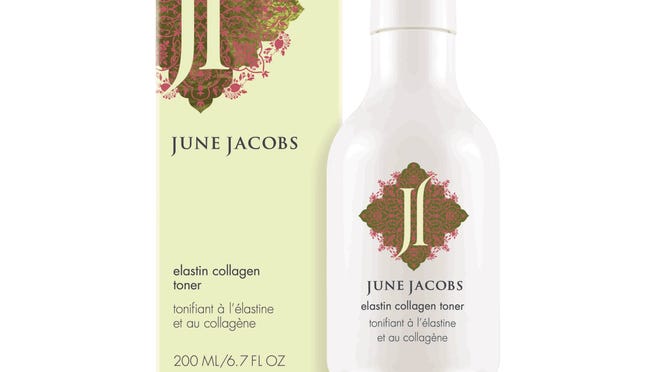Vitamins, collagen is the latest beauty fad. How it may impact climate
The latest beauty and vitamin trend is collagen – seen in everything from bone broths to powdered foods.
But does the latest wellness trend come at a price?
A component of some of the most popular nutritional supplements, collagen has gained worldwide recognition in recent years. However, a new investigation by the Bureau of Investigative Journalism found its procurement linked to illegal deforestation as well as invasion of indigenous lands. According to the report, tens of thousands of cattle were raised on farms that damage tropical forests to make the viral supplement.
The demand for collagen continues to increase. Why?
What is collagen and why is it so popular in the beauty industry?
Collagen is a protein that is naturally produced in our body but can also be obtained from fish, pigs and cattle. The benefits include elasticity, moisture, firmness and suppleness of the skin.
However, over time, our bodies naturally produce less collagen during the aging process, which is why people often turn to collagen supplements in capsule, gummies, liquid, or powder forms.
Research has confirmed its benefits for skin elasticity, hydration and joint health, but Dr. Michael Daignault, A Board-certified ER physician in Los Angeles, previously told USA TODAY that these studies are typically “funded by industries that will benefit from the research.” Additionally, collagen powders, which are considered dietary supplements, are not FDA approved.

How is collagen production related to deforestation?
Collagen is booming in popularity, but a new investigation published Tuesday found that big companies like Vital Proteins and Darling Ingredients source collagen from Brazilian cattle ranches linked to deforestation and displacement of indigenous communities. It’s unclear how much of this deforestation is related to Vital Proteins or Darling Ingredients.
Since the investigation, Vital Proteins owner Nestlé said in a statement to USA TODAY that “the allegations made are not consistent with its commitment to responsible sourcing” and confirmed that “collagen from the BluBrasil tannery is no longer entering its supply chain.” becomes”. It added that it is taking steps to ensure its products are deforestation-free by 2025. Darling Ingredients also said that in a statement to the US, the company and its subsidiary Rousselot “will monitor their suppliers and remove those who do not meet responsible sourcing criteria”. TODAY.
“We stand by our commitment to source raw materials responsibly and sustainably,” he added.
The report also found that the production of collagen has influenced indigenous communities in Brazil.
“Cattle farming and collagen production are inextricably linked to the loss of tropical forests and the displacement of indigenous communities, yet the companies that benefit are able to operate virtually unhindered,” said Elisângela Mendonça, reporter at the Bureau of Investigative Journalism.
For an eco-friendly beauty routine, consider these trends
Banana peels for your skin?:Experts have their say on the viral TikTok skincare regimen.
Does Skin Cycling Actually Work?:I’ve been trying for a month.
What is Gua Sha?:Everything you need to know
Women who shave their face:That’s why people talk about dermaplaning.
What is slugging:Does the viral moisture hack work?
Salmon sperm in your skincare?:The latest K-Beauty trend, explained
